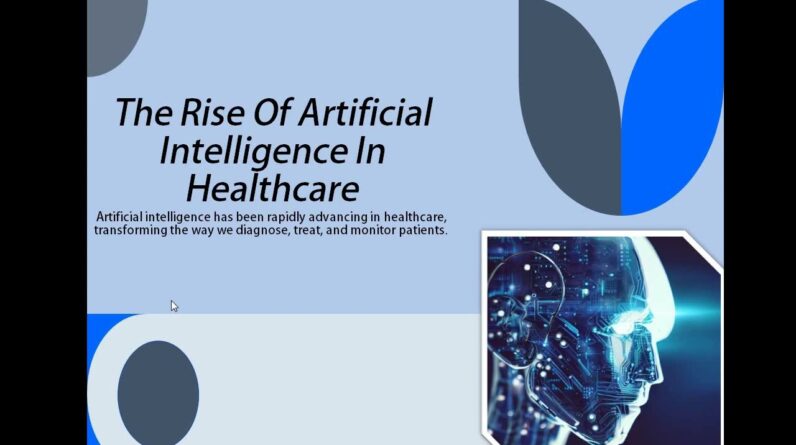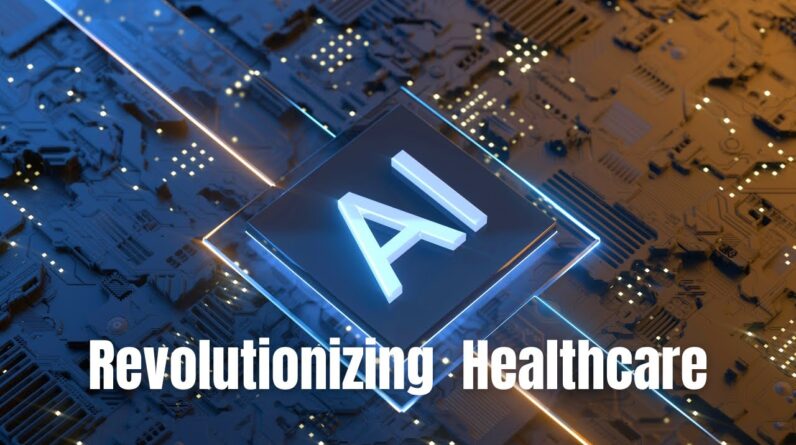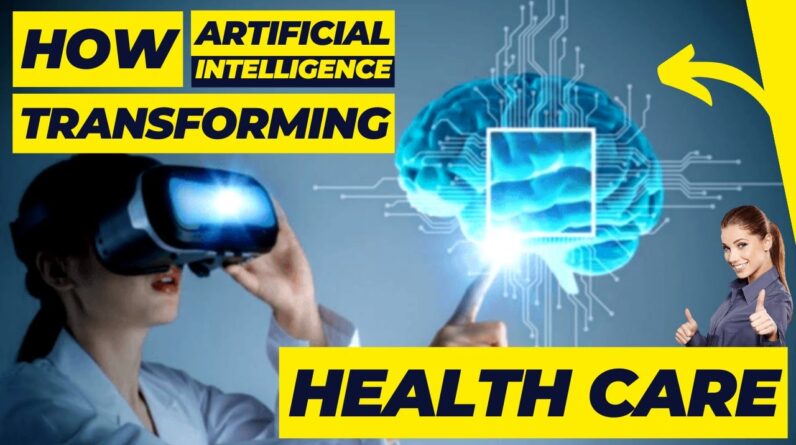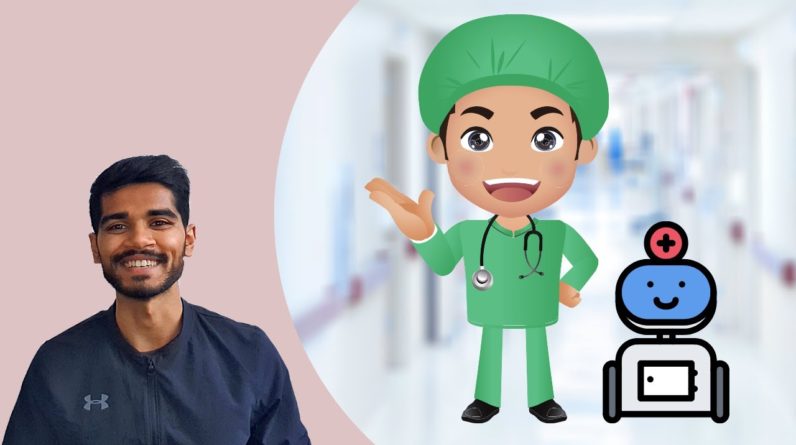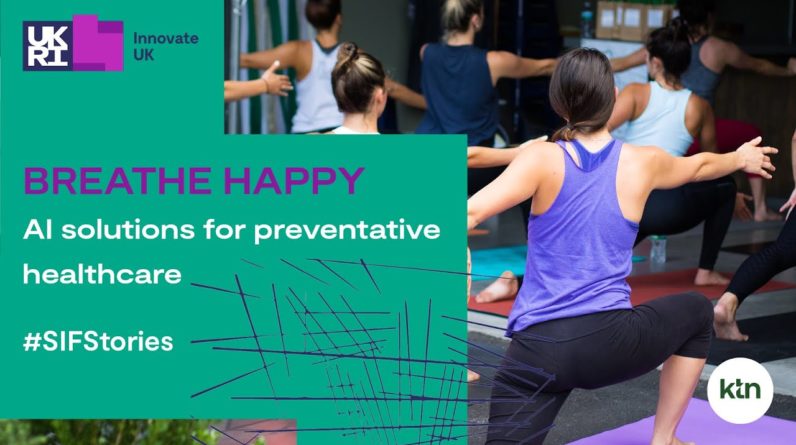As technology continues to advance at a rapid pace, artificial intelligence (AI) is becoming increasingly prominent in many aspects of our lives. One area where AI is making significant progress is in making life and death decisions. From medical diagnoses to self-driving cars, AI has the potential to greatly impact the way we make critical decisions. In this blog post, we will explore the implications of AI’s involvement in life and death decisions and examine the benefits and potential drawbacks of using this technology in such situations.
Introduction:
Artificial Intelligence (AI) has become an increasingly popular topic in recent years, and the development of AI has grown exponentially. This proliferation has facilitated the rise of technologies that permit AI-enabled machines to make choices in various areas that were once a safe haven for humans. One area where AI continues to have a significant impact is in the interpretation of data, and the capacity to make life and death decisions in it. AI, with its power to analyze vast amounts of data quickly, is increasingly being integrated into hospitals, clinics, and healthcare systems worldwide to assist medical practitioners.
AI in the Healthcare Industry:
The healthcare sector is an industry where the biggest, most complex, and most important choices are made. AI’s potential to improve outcomes, increase efficiency, and reduce costs place it in a position to transform the sector. The introduction of AI tools that can help with diagnosis, treatment design, and therapy is a significant advance in the healthcare industry. Doctors now use AI models to forecast diagnoses such as heart disease, cancer, and stroke. The algorithms are capable of analyzing the data from CT and MRI scans to evaluate the likelihood of malignancies with greater accuracy than a human could manage.
AI in End-of-Life Decision-Making:
AI is aiding patients, doctors, and families in making dependable, informed, and ethical choices at the end of life. AI technology can assist physicians in predicting patient mortality more accurately and efficiently than traditional stratification methods. Doctors’ likelihood of predicting patient mortality can be based on high-quality data, such as patient age and disease history. However, this is only a rudimentary level of predictive capability. New AI tools like neural networks can predict patient mortality rates with almost 90% accuracy. This enables patients to have better preferences and more autonomy over their own end-of-life care plans.
AI in Autonomous Transportation:
With self-driving cars becoming a thing of the future, there is an ever-increasing fear of whether life and death decisions will come down to an autonomous vehicle. The issue at stake is not that accidents involving self-driving vehicles will be completely preventable, but that some choices, like which life to spare, may eventually depend on an algorithm. Autonomous vehicles with onboard AI software must quickly evaluate all factors, including weather, other vehicles, their passengers, pedestrians, and obstacles, in order to make informed decisions in acute scenarios. These scenarios include choices like brake or speed up, swerve left versus right, or stop entirely. In the event of a sudden roadblock that might cause a collision, the AI system must select that which presents the least harm – be it to the passengers in the vehicle or to others on the road.
Conclusion:
AI technology has become an increasingly integrated part of our daily lives, and it has grown to the point where it can sometimes operate on behalf of humans, making choices that once required human interaction. As a result of improvements to neural networks, big data analysis, and other essential AI instruments, AI can provide physicians and patients with options to optimize their care, helping people live healthier and longer. It behoves us to educate ourselves about the potential benefits and drawbacks of AI advancements and help ensure that the technology continues to be used ethically.
FAQs:
- Is AI technology replacing human doctors in hospitals?
Ans. No, AI technology is assisting doctors in making diagnoses and creating treatment plans. - Can AI predict patient mortality rates?
Ans. Yes, AI algorithms utilizing big data analysis can predict patient mortality rates with high accuracy. - Will self-driving cars be programmed to choose who lives or dies in emergency scenarios?
Ans. It is not possible to predict the future with certainty, but it is critical to consider ethical issues during the development of AI-driven autonomy algorithms in transportation. - Can AI technology reduce healthcare costs?
Ans. Yes, AI technology has the potential to improve efficiency and reduce the costs of healthcare services. - Is it ethical to rely on AI technology for life and death decisions?
Ans. It is critical to weigh the potential benefits and drawbacks of AI technology in these cases and ensure that the technology is utilized ethically and with caution.


